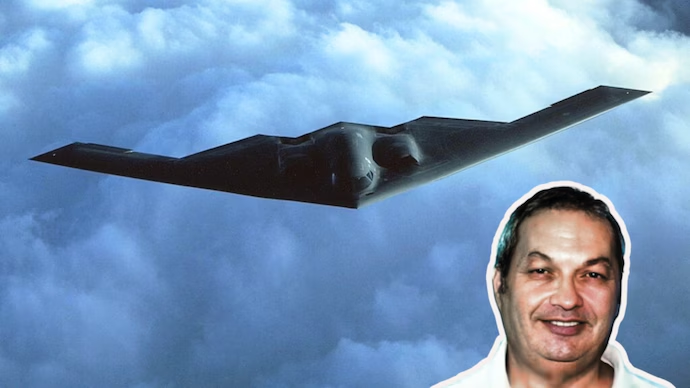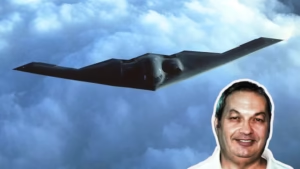Noshir Gowadia: The Indian Engineer Behind the B-2 Bomber — and America’s Biggest Betrayal
A Genius Who Turned Traitor
In the world of defense and espionage, few names have sparked as much fascination and controversy as Noshir Sheriarji Gowadia. Born in Mumbai, India, Gowadia was once celebrated as a brilliant aerospace engineer in the United States, credited for his crucial work on the propulsion system of the B-2 Spirit stealth bomber — one of the world’s most expensive and advanced military aircraft.
But what began as a tale of brilliance took a dark turn when this Indian-born engineer was accused — and later convicted — of selling classified U.S. defense secrets to foreign nations, most notably China. His story is one of talent, betrayal, and the heavy price of crossing the line between innovation and treason.
Who Was Noshir Gowadia?
- Birthplace: Mumbai, India
- Moved to the U.S.: 1968
- Career Highlight: Worked at Northrop (now Northrop Grumman), where he contributed to the design of the propulsion system for the B-2 Spirit — the world’s first stealth bomber.
Gowadia’s contribution was critical in making the B-2 bomber nearly invisible to enemy radar — a technological marvel in modern warfare. His knowledge of stealth and propulsion systems was considered top-tier and highly classified.
The Downfall: From Patriot to Spy
In the early 2000s, U.S. authorities began investigating Gowadia after suspecting him of leaking sensitive information. The case unraveled into one of the most serious breaches of national security in recent American history.
What Did He Do?
- Gowadia sold classified information about the B-2’s stealth technology to China.
- He allegedly helped design China’s next-generation stealth bomber, which many now believe to be the H-20.
- He also marketed U.S. defense secrets to other countries including Germany, Israel, and Switzerland.
How Was He Caught?
In 2005, after a lengthy investigation, the FBI arrested Gowadia in Hawaii. He was later tried and convicted in 2011 on multiple counts of espionage and unauthorized communication of national defense information.
The Sentence: 32 Years in Federal Prison
In 2011, Noshir Sheriarji Gowadia was sentenced to 32 years in federal prison. The judge declared that Gowadia’s actions directly compromised U.S. national security and aided foreign governments in advancing their military capabilities.
Why Is This a Big Deal?
The B-2 Bomber is the most expensive and secretive aircraft in the world, costing over $2 billion per unit. It is a critical asset in the U.S. Air Force’s global dominance. Sharing any detail about its design or capabilities is not just illegal — it’s a threat to international balance and defense security.
Today, as China unveils its own stealth bombers like the H-20, many defense analysts see Gowadia’s influence in their design, triggering fresh concerns about how much U.S. defense tech has been compromised.
Lessons from the Gowadia Case
- Innovation must be protected: Cutting-edge tech in defense can easily fall into the wrong hands.
- Trust is everything in national defense: Even a single person can change the global power balance.
- Background checks and ethical accountability must be airtight for those working on sensitive projects.
Final Thoughts
Noshir Gowadia was once a symbol of immigrant brilliance — a man who helped design one of the most advanced warplanes in history. But his betrayal not only damaged the United States’ military edge, it also tainted his legacy forever.
His story serves as a powerful reminder that genius without integrity is a dangerous thing — and that even the most brilliant minds can fall from grace when driven by greed, ideology, or ego.





